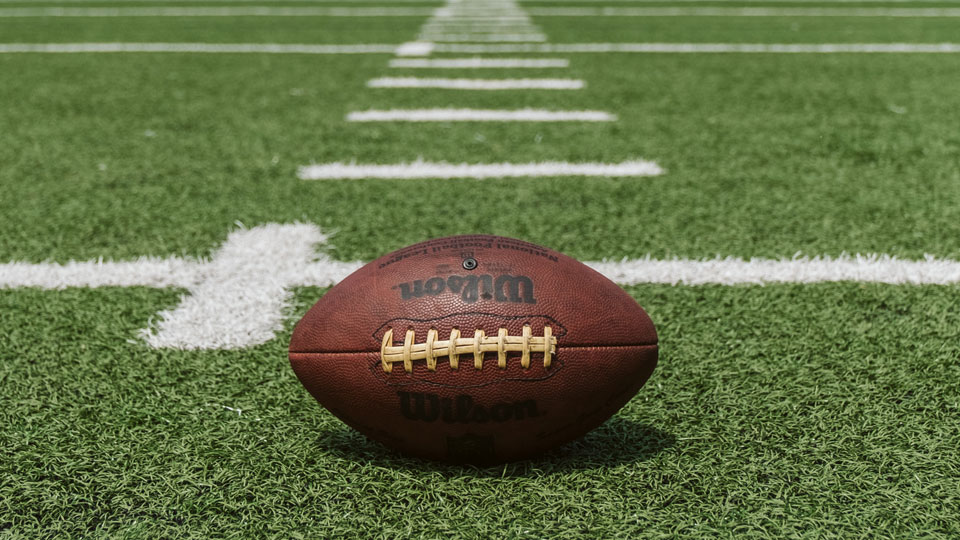According to an ESPN report, TCU quarterback Casey Pachall plans to enter an inpatient facility and withdraw from school, coach Gary Patterson said Tuesday. Texas Christian University is located in Fort Worth, Texas. Patterson said that Pachall may already be at the treatment facility, less than one week after being arrested on suspicion of driving while intoxicated.
Pachall won’t play football in 2012, and will try to seek help with drug and alcohol addiction. Patterson said the door will be open for Pachall to return in the future.
Patterson said he met with Pachall and his parents earlier this week. The coach also met with the university’s chancellor and athletic director on Sunday. “I don’t think one game, three games would have made a difference,” Patterson said. “You try to change people’s lives. That’s what this is all about.”
Whether Coach Patterson realizes it or not, the decision to change must come from the individual struggling with addiction. Consequences of some one’s addiction may play into a decision, but if the person be a true addict or alcoholic, the mind will be clouded with the desire to get drunk or high once again.
TCU made national news with a campus drug bust that included TCU football players, including Pachell. Football fans all over the country, and in nearby Dallas/Fort Worth area, were snickering and joking that TCU should now be known as Texas Cocaine University. Just two weeks after the drug bust in which Pachell admitted to using drugs, TCU confirmed that Pachall had failed a university-administered drug test on Feb. 1.
Pachall is not the first high profile football player to seek treatment for drug and alcohol addiction. Heisman Trophy finalist Tyrann Mathieu recently made the life-changing decision to enter drug rehab and try to come out better on the other side. Like Pachall, the former LSU player Mathieu decided to begin treatment in a drug rehab center to work on issues that caused him to be dismissed from his college football career at LSU after several documented failed drug tests.
With concussions and player safety occupying all the headlines and energy of football commissioners across the nation, off-field drug and alcohol abuse isn’t getting the attention it deserves. No red flags have been noticed on the field quite yet, no one seems to want to challenge the trend of more and more athletes seeking treatment for drug and alcohol treatment.

